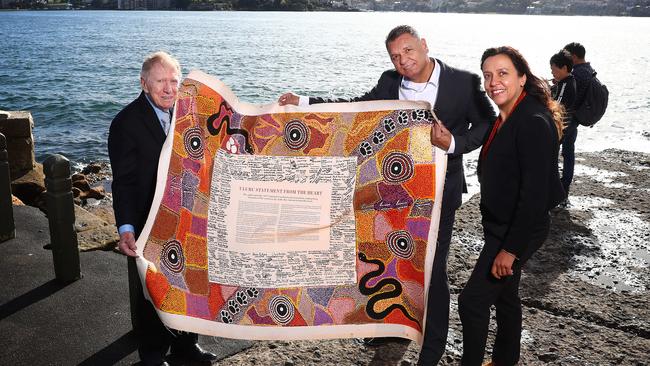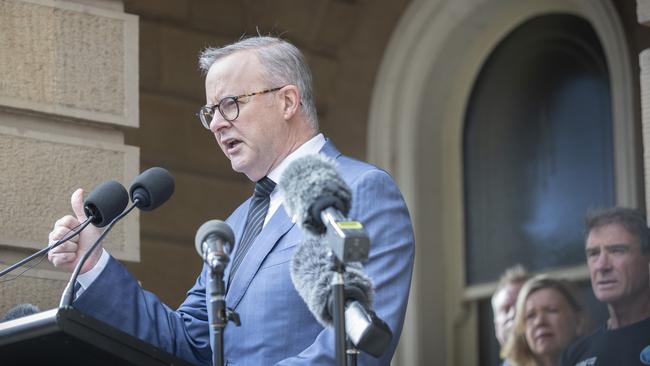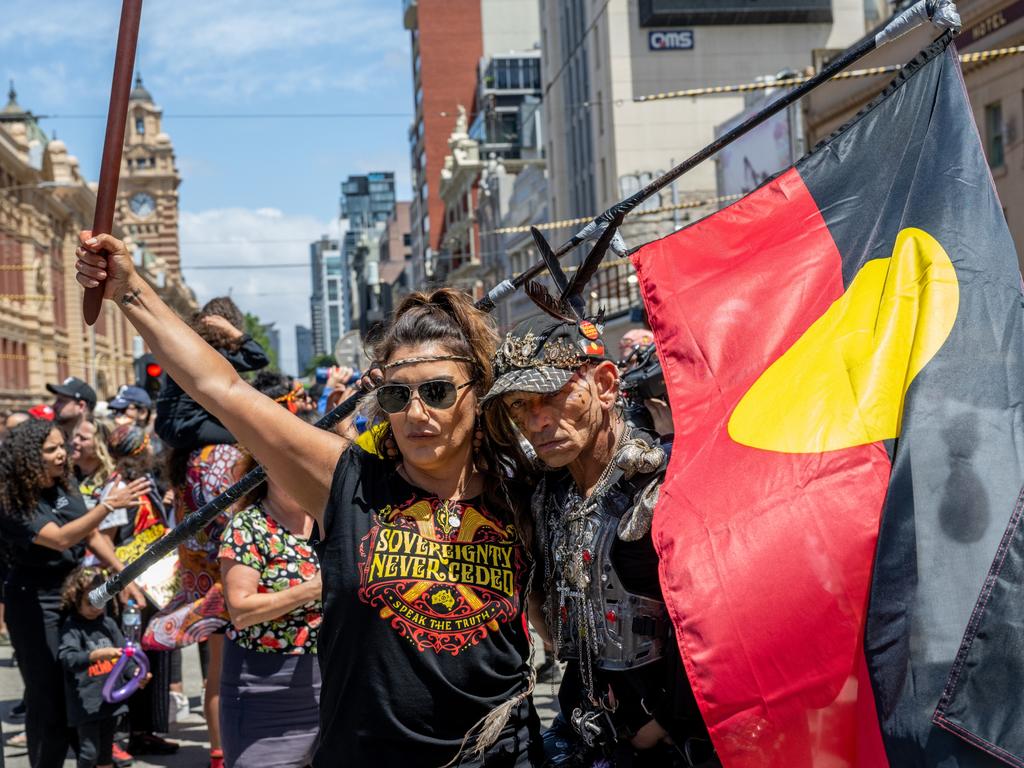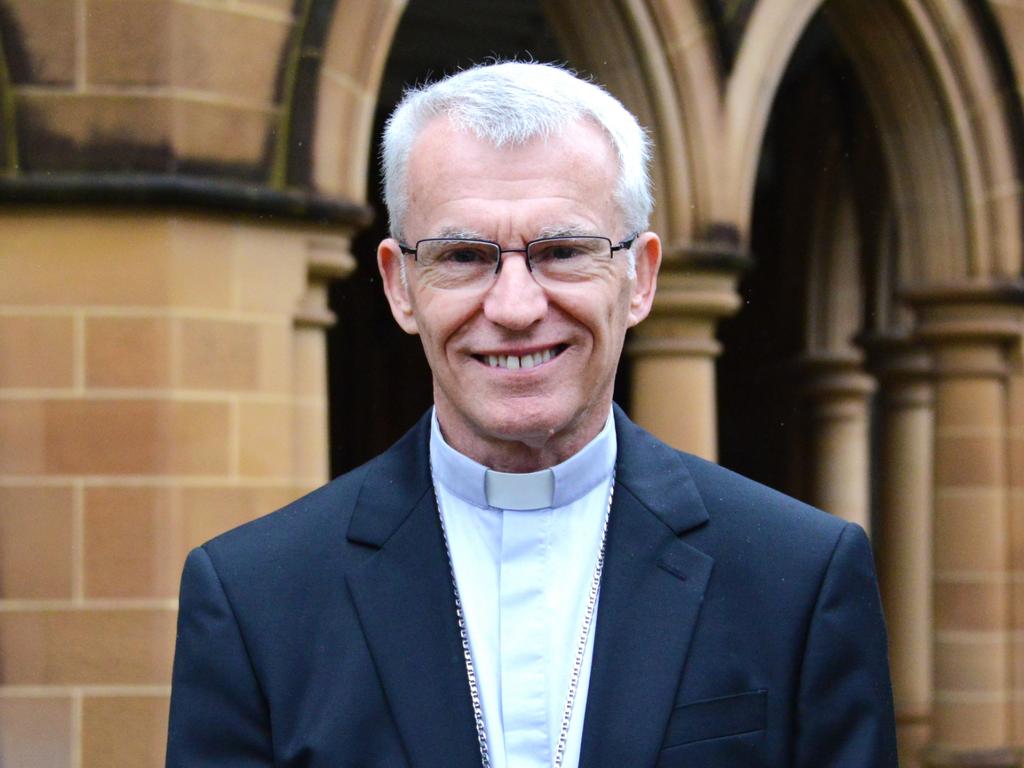It’s not too late for conservatives to speak up on the Indigenous voice to parliament

Our focus as an organisation has been on meeting the twin imperative of upholding the Constitution and the values that underpin it, while at the same time fairly recognising Indigenous peoples through a greater say on the issues that impact us.
When Uphold and Recognise gave evidence to the Joint Select Committee on the Aboriginal and Torres Strait Islander voice referendum, we stayed true to our cause. In an increasingly hostile debate, this does not make us popular but we couldn’t ignore the views of the very people our organisation was set up to find common ground with.
The way we see it, there are two guarantees that need to work in unison to secure broad support at the ballot box later this year when we go to the referendum:
The “Indigenous Guarantee” that Aboriginal and Torres Strait Islander peoples will have a voice enshrined in the Constitution so we are heard by lawmakers and policy makers.
The “Parliamentary Guarantee” that ensures the voice is subject to parliamentary control.
Prior to the Committee process the Prime Minister said he was open to improving the draft wording first put forward at Garma in 2022, but that no one had put forward any other suggestions.
Julian Leeser has been a long time supporter of the need for a voice enshrined in the Constitution, and believes so much in the idea that he quit his front bench position so he could advocate for this reform. Leeser’s way of dealing with the legal uncertainty he believes exists, is to remove the proposed paragraph 2 entirely. This is one of a number of suggestions put forward during the parliamentary committee hearings.
The Prime Minister can no longer say there aren’t any alternatives.

The Committee concluded last week, and the main report provided one recommendation about the legal drafting: that the Bill be passed unamended.
History shows our nation has voted above 50 per cent on a number of occasions, but failed to carry the majority of States and therefore failed to carry the referendum. In 1977, 62 per cent of Australians voted yes, but only three States were in favour so the change was rejected.
An analysis of 28 polls by Resolve Strategic shows a worrying trend about the upcoming referendum that cannot simply be dismissed by the government.
If there was a chance to take the heat out of this debate, and work towards a more unified position then that is a conversation we expect our parliamentary leaders to have. Even though the Committee considers the current wording legally sound, we cannot decouple this from the political reality of the referendum requiring a double majority to pass.
I was raised on the old Brewarrina Mission as a child, and I have worked on the ground over many years advocating for local voices, and the need for a guarantee to ensure the future will be different from the past. Not just for my children, and other Wangkumara and Barkindji people, but for all Aboriginal and Torres Strait Islander peoples more broadly.
As we head towards the final leg of that journey, the future of this country now sits in the hands of every member of parliament.
Some argue the referendum is the people’s vote, and the politicians should get out of the way. But our Constitution sets out a two step process. Only the parliament can authorise the proposed changes, and then the Australian people accept them or reject them at the referendum. This places an enormous level of responsibility on every member of the parliament. The parliament must scrutinise this proposal and ensure it is legally sound, and meets the aspirations of Indigenous people who have asked to be recognised through a voice.
But at the end of the day, the parliament must ensure this proposal is something worth winning, and is also winnable, before putting it to the Australian people for their final say.
Politicians might point the finger at each other if this doesn’t win, and both leaders have in different ways put their leadership on the line over the success or failure of the referendum. If the referendum gets up, which we pray it will, then the conservatives will have bowed out of the opportunity to participate in this nation building agenda. If the referendum loses, will the conservatives who oppose this really feel like they’ve ‘won’? Will the electorate reward them for tearing down this reform, and the chance to build a better future that we can all be proud of?
But figuring out who to blame after a loss won’t help my people. We have worked too hard for too long to watch partisan politics trash our chance as a nation to make a real and meaningful change, that can also make a real difference on the ground.
It is not too late for the Prime Minister to engage in a private and pragmatic conversation now the Committee process has concluded, and for the Liberal and National parties to reconsider their party positions. It is also not too late for those conservatives who want to support the Bill to speak up. For as Martin Luther King Jr said so powerfully, “In the end, we will remember not the words of our enemies, but the silence of our friends.”
Sean Gordon is a Wangkumarra and Barkindji man and the chairman of Uphold and Recognise







When Julian Leeser and Damien Freeman kicked off a right leaning think tank, Uphold and Recognise, it was a signal to the conservative side of politics that they had a stake in the debate on the way Indigenous peoples should be recognised in the Constitution.